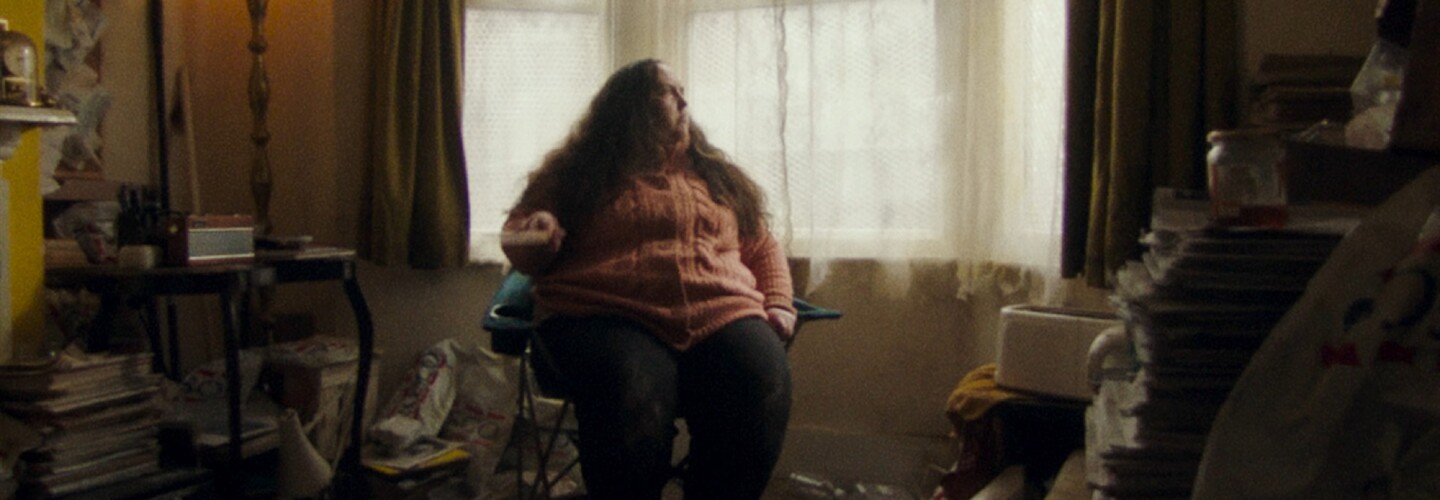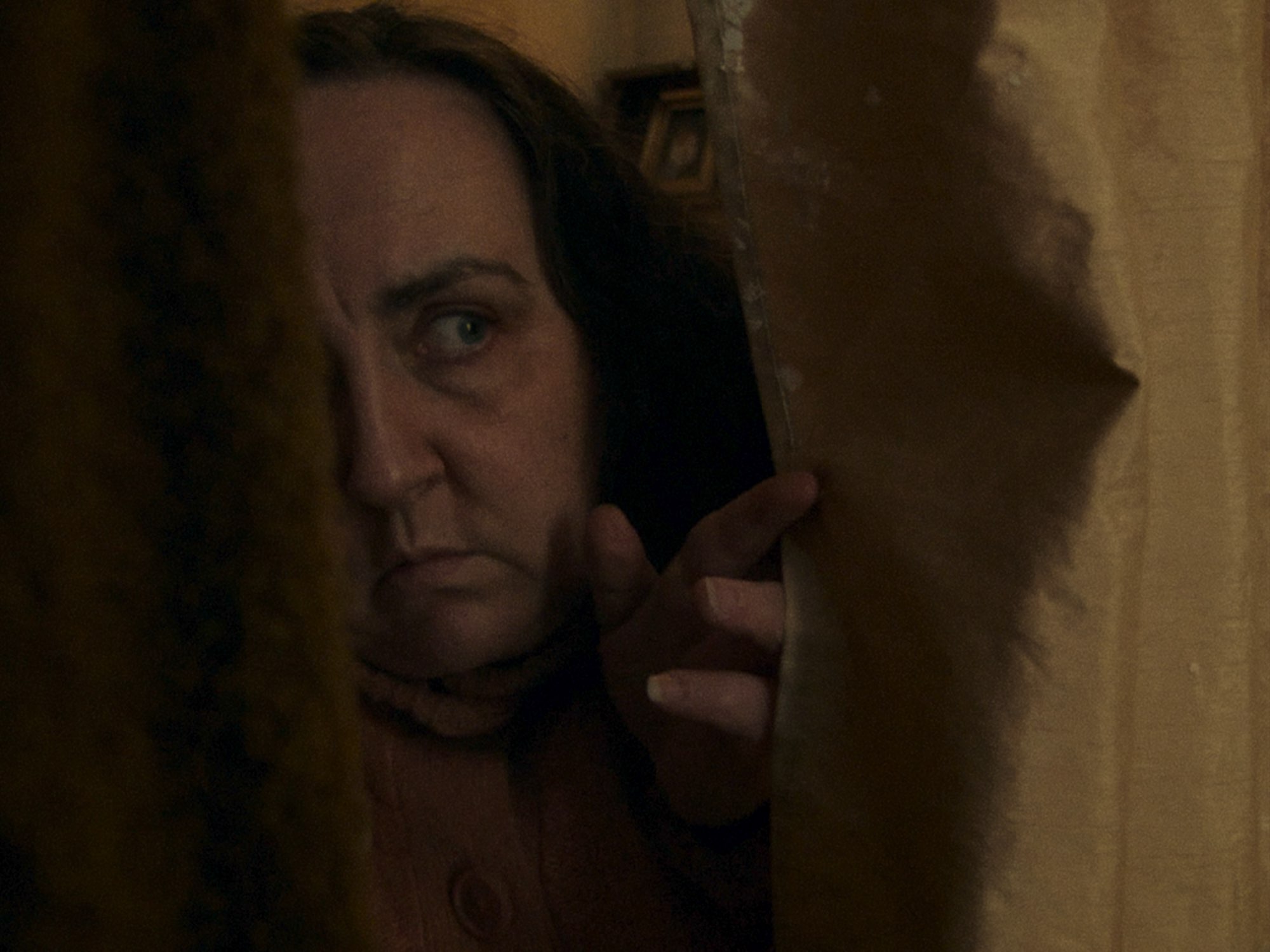
In the social media age, it’s incredibly easy to find someone online or on the phone who shares the same rational or irrational thoughts as you which, at times, can be appropriately comforting but also, in the wrong hands, incredibly dangerous. You’re Absolutely Right from directors Theo Gee and Ian Bousher – who we last saw on DN with conformity test short Aping – is a dark comedy about a hoarder who finds herself using a hotline that positively reinforces her every instinct, acting as an echo chamber to her spiralling mental state. It’s a great example of a film which rides the line of being a pertinent social commentary whilst also boasting moments of deft comedy. DN is excited to present the online premiere of You’re Absolutely Right in conjunction with a conversation with Gee and Bousher which digs into the construction of their dishevelled set, the choice to capture everything in a tight 4:3 aspect ratio, and the playful marketing which involved building a website that advertises their ever-affirming hotline.
The world of You’re Absolutely Right is heightened but it’s also grounded in truth because these hotlines, or just general online echo chambers, are out there and companies will do anything to keep you engaged. What drew you to this as a concept for a short?
Ian Bousher: The hotline is believable, because it already exists, kind of. The film came about because we realised that whenever we went on the internet, whatever mood we were in was multiplied by social media. If we were angry, that anger was affirmed by faceless internet people who told us that we were right to be angry. It felt like a slippery slope that we just had to explore.
Theo Gee: Slippery slopes are very dangerous.
IB: They are. It’s all too easy to—
TG: I’ve fallen over many times. Had to get surgery on a knee.
IB: Yes, okay. It’s very easy to get caught up in your own possibly irrational opinions because the internet lets you connect with people who share that very specific opinion. We don’t need to tell you about the vocal minorities pushing various conspiracy theories in the world today, and that’s the result of those theories being affirmed way too easily. Humans need to debate, they need to be challenged. You’re Absolutely Right is kind of a cautionary tale advocating for that.
It’s a film that requires an amplified tone from your actors too. Was casting a challenge?
TG: Not at all. We went down to our wonderful local Rosco and just grabbed people.
IB: Well that’s not even slightly true. Rosco is a great store though. The best store. Anyway, yeah, we had worked with Andrew Goddard (The Operator) before and knew that the role couldn’t be played by anyone else. We found Alison Fitzjohn (June) from her work starring in the excellent short musical Stuffed which is tonally similar to this script. As soon as we spoke to her we knew that she’d be perfect, so casting was a lot easier than we expected.
TG: I was going to play June if we couldn’t find anyone else. I had been method acting as a hoarder for two weeks before we met Allison. I bought a wig.
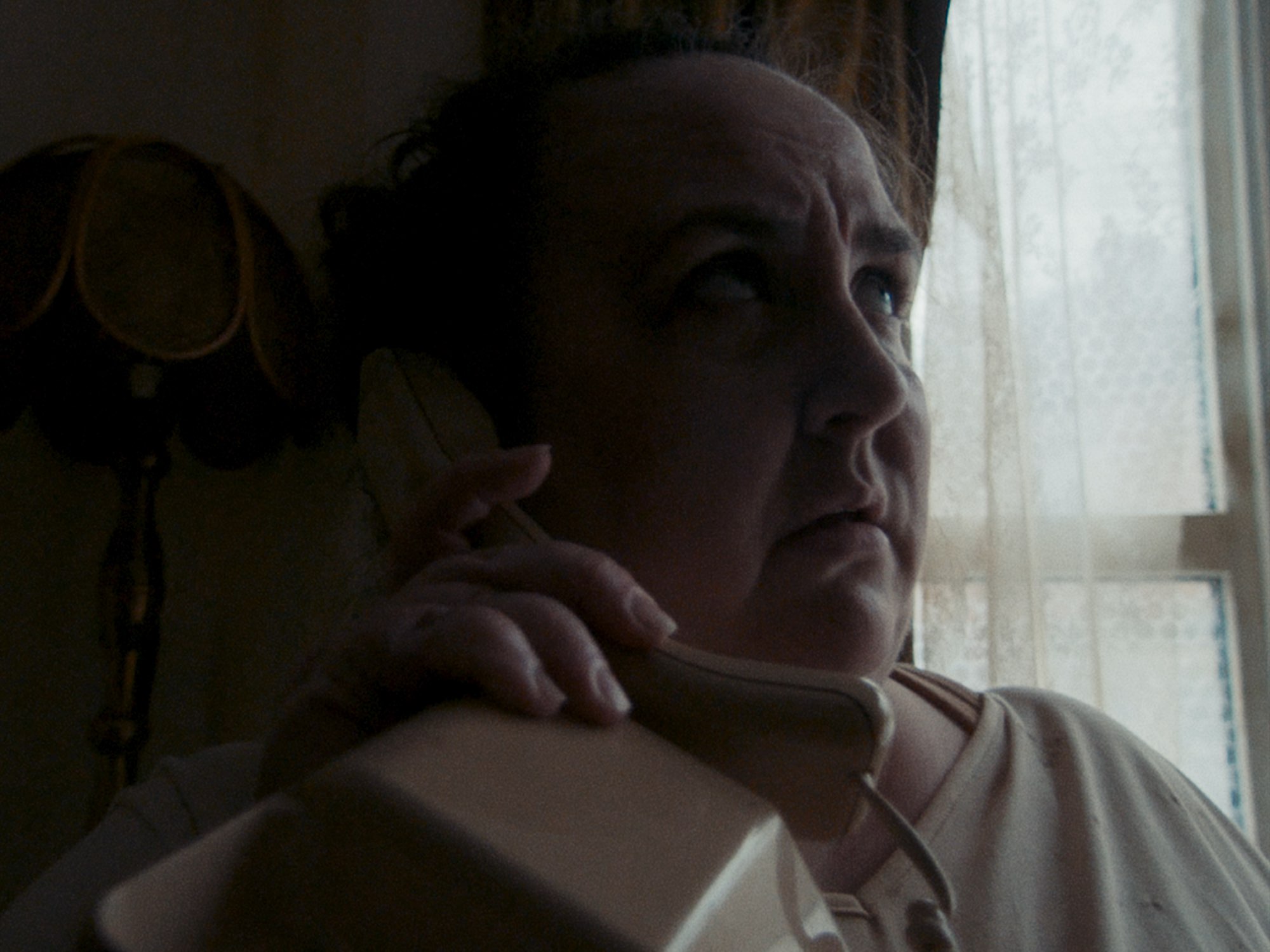
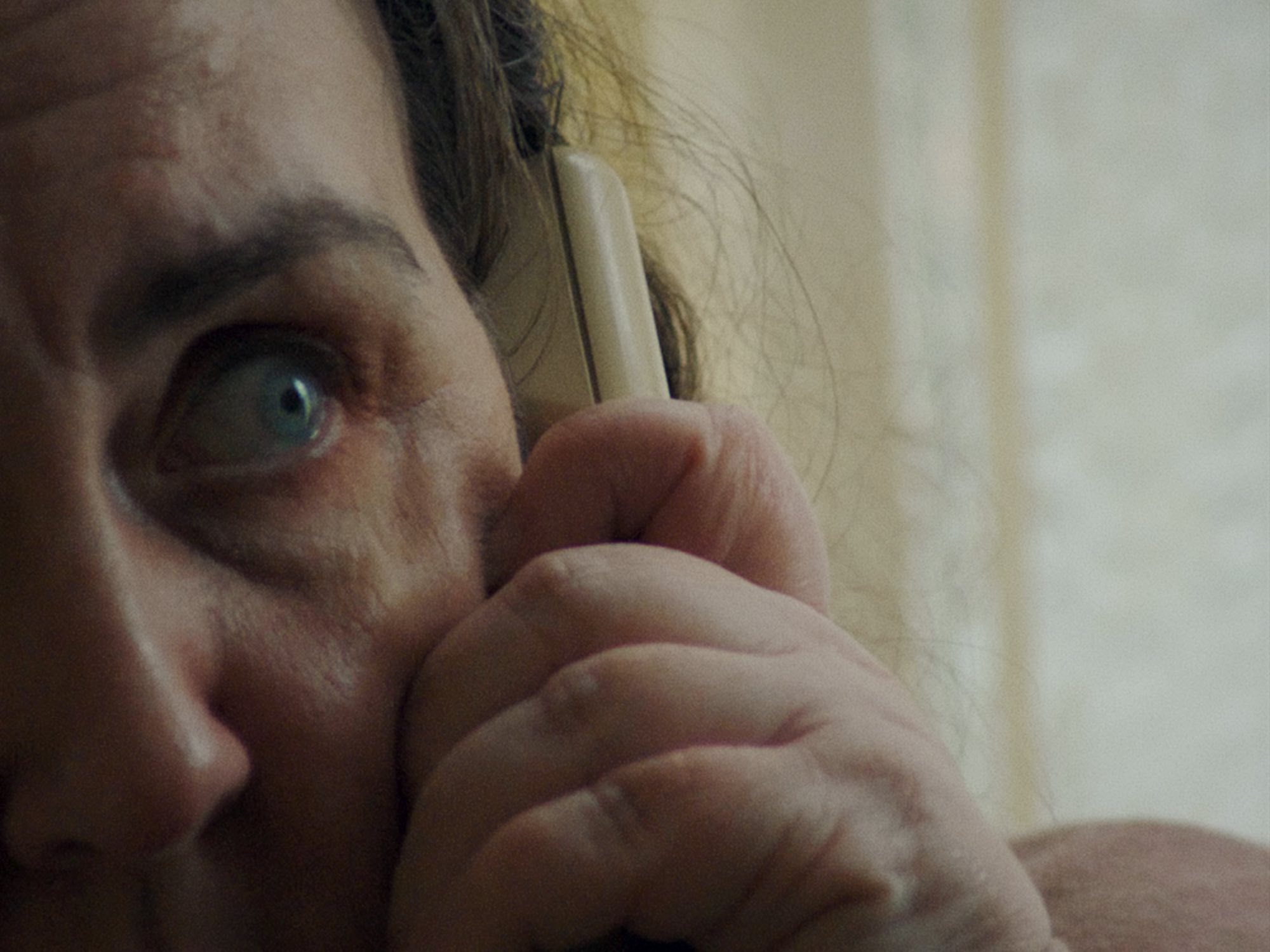
Besides the method acting, how did you go about forming June’s character and her specific anxieties in addition to the general world building and creating of Rosco?
IB: Now that was a lot more challenging. We knew that June had to be someone who relied on this hotline on a deep, emotional level. It might have been something that she tried one lonely night which became an addiction, resulting in her alienating her family and never leaving the house.
TG: I’ll never be lonely. I have 25 friends on Facebook.
IB: I didn’t say that you were lonely.
TG: You don’t have that many friends on Facebook.
Visually, June’s emotional state was emphasised by the set.
IB: In a way, June’s isolation is again a mirror of most people’s relationship with the internet. God knows that it comforts me when I’m lonely-
TG: Gross.
IB: Theo, please. Visually, June’s emotional state was emphasised by the set. We were able to shoot in a real hoarder’s house that had just been emptied and then detail upon detail was layered onto it to create a fantastically rich environment which told half of the story on its own. As for Rosco being the ‘villain’, that was simply the most ridiculous theory that we thought she could be holding onto.
TG: Rosco definitely don’t watch us.
IB: Absolutely not. And their meal deals, now just £3.50, have never been more delicious. Also, to enrich that world a little more we built a lovely 90s style website advertising the hotline, and set up a real hotline to boot. You can still call 0800-464-7983 and leave a message (it’s free). Worldbuilding like this makes the whole thing more believable, and the fine line that we always try to walk is making films that highlight the absurdity of life without being a caricature of it.
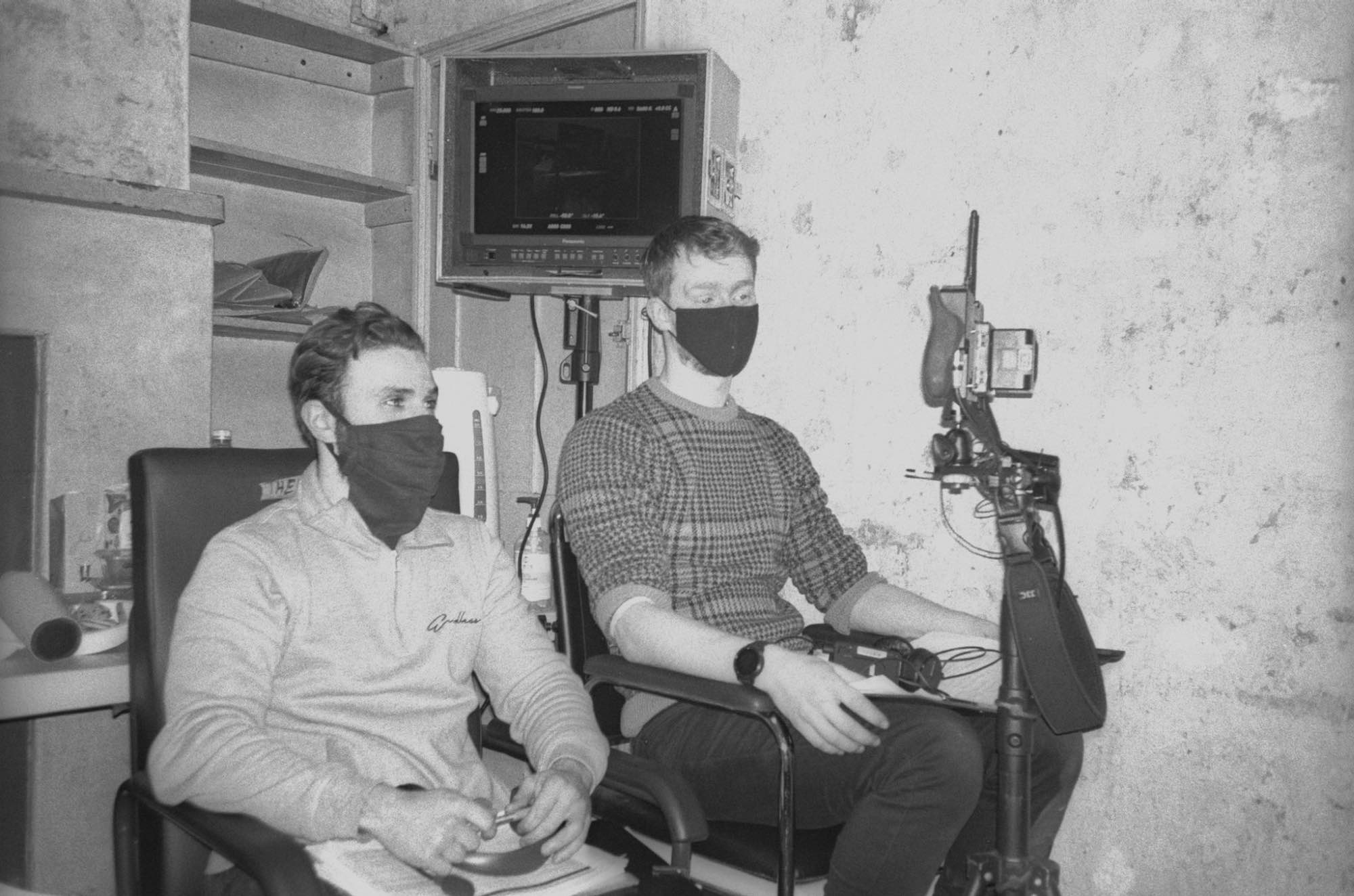
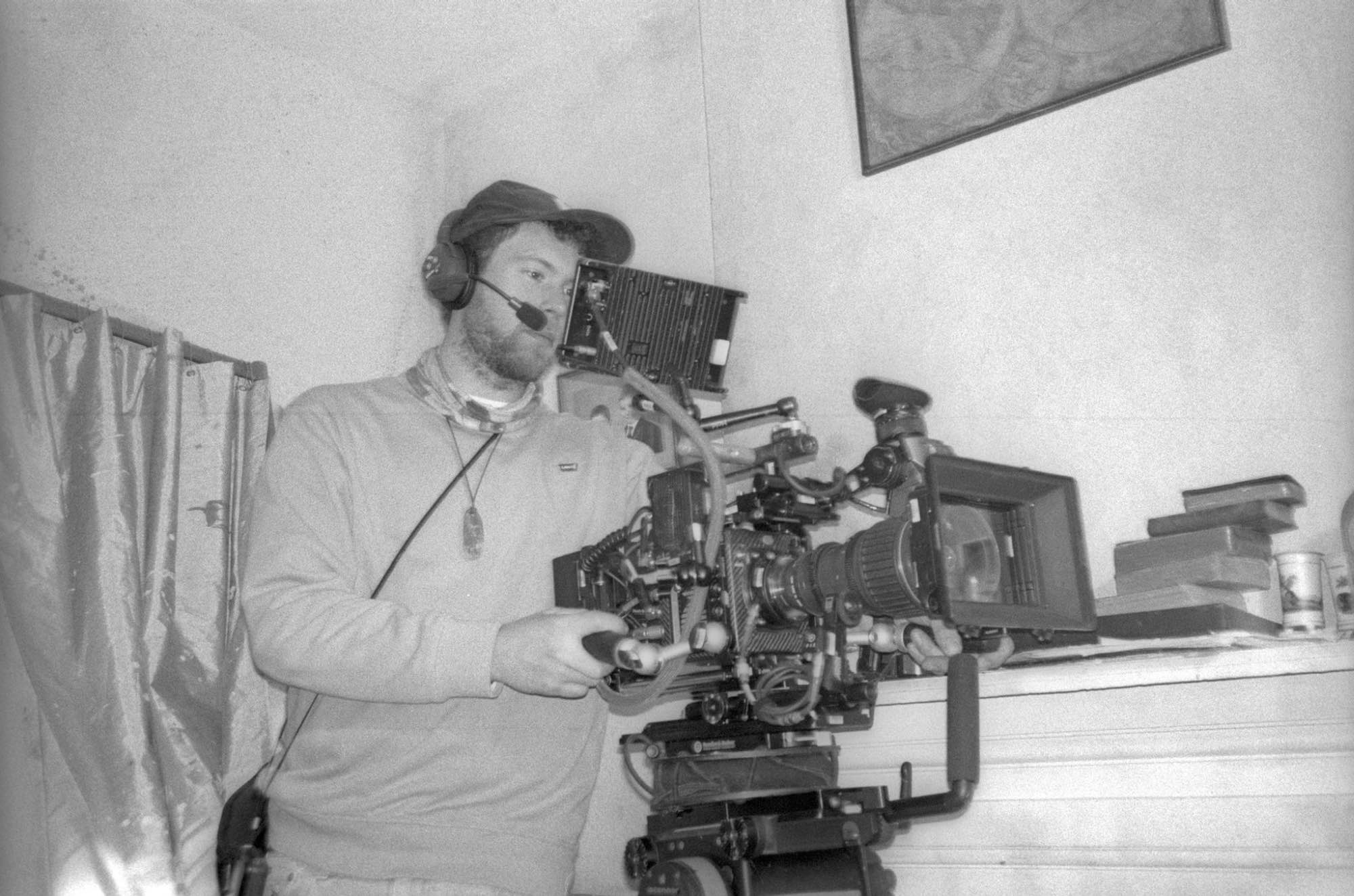
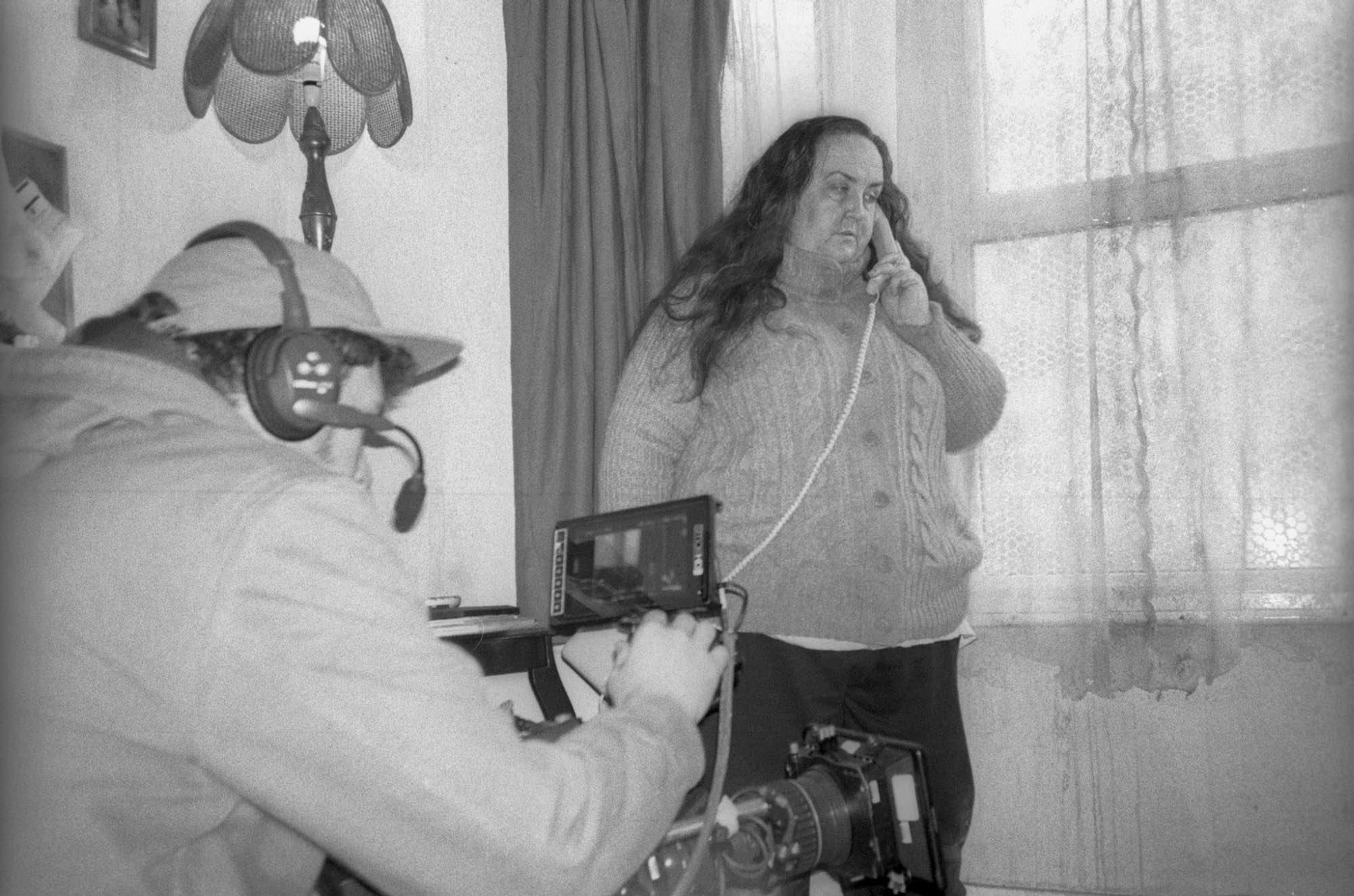
What camera and which lenses did you opt for? Could you break down the technical side of the shoot?
TG: Yes.
IB: Go on then.
TG: I don’t want to.
IB: We shot with an Alexa Mini in Super 16mm crop mode and extracted that in 4:3 to make June’s world feel fittingly claustrophobic. Lens-wise, we used a Canon Super16 7-63mm Zoom, with a 1/8 Glimmer Glass filter if you want to get down and dirty with the details. The DoP Brendan Harvey was an incredible brain to have on the shoot and we couldn’t be happier with how the film looks.
TG: I ran it through an Instagram filter too. June had dog ears haha.
IB: We removed that immediately.
And how was post-production? Was Andrew present during the shoot or did he record his dialogue afterwards?
IB: As smooth as it could be, I’d say. There was the usual exploratory work in finding the right score, sound mix, grade, etc. as always, but the big job was actually recording the Operator’s dialogue. Andrew couldn’t be with us on the shoot days so I was reading his lines to give Allison something to act against. It was peak cold season right after shooting and Andrew was fighting through a rough time. You absolutely couldn’t tell that from the recordings though, the man’s a machine.
TG: And I’d also like to add that Rosco support their local communities.
IB: No, Theo, you have to sound natural. You can’t just-
TG: Shop at Rosco, or they’ll come for us.
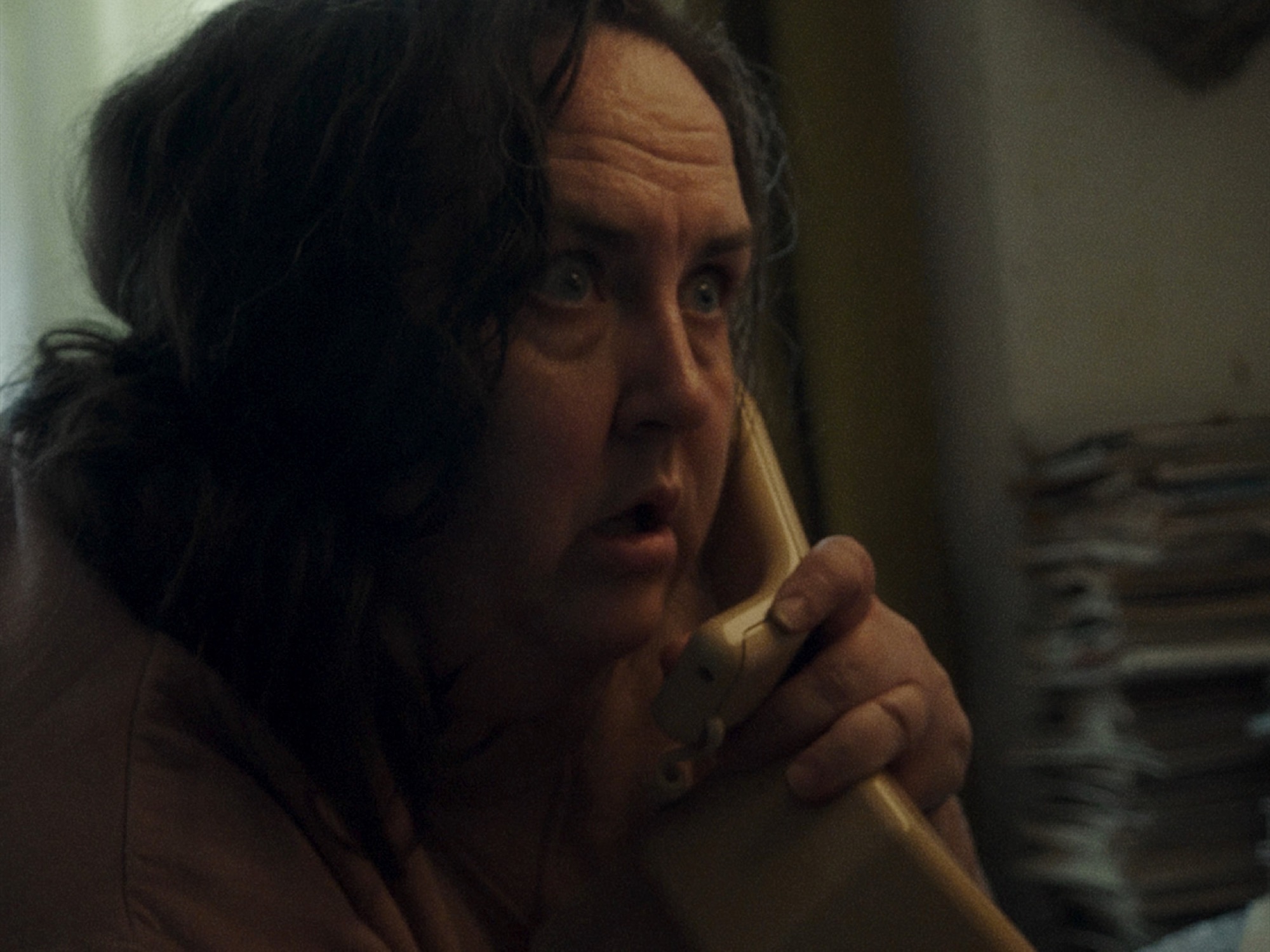
How would you both describe working with one another? As Co-Directors do you take on different roles during production?
TG: Co-Directors? I’ve never seen this man before in my life.
IB: We literally ate dinner together yesterday. We’ve been making films together for years.
TG: I feel like I’d remember that.
We shot in 4:3 to make June’s world feel fittingly claustrophobic.
IB: Okay then. As much as it might not seem like it, working with Theo is great. Directing a film – any film – is bloody difficult, and you have to wear so many hats. Theo and I have really different but complementary skill sets, and that makes the whole thing more manageable. I’m a writer at heart so we brainstorm together and I slap it onto the page and I’m more hands-on practical so I like to help with the art department. Theo, on the other hand, is fantastic at managing processes and keeping everything going in post and on set while holding a sort of mini-edit in his head the whole time. I can’t even fathom how he does it.
TG: I listen to a lot of whale music. I make it look like I know what’s going on, but I’m always just thinking of the whales.
IB: Seriously, I don’t understand how he’s made it this far. Please explain it. Please.
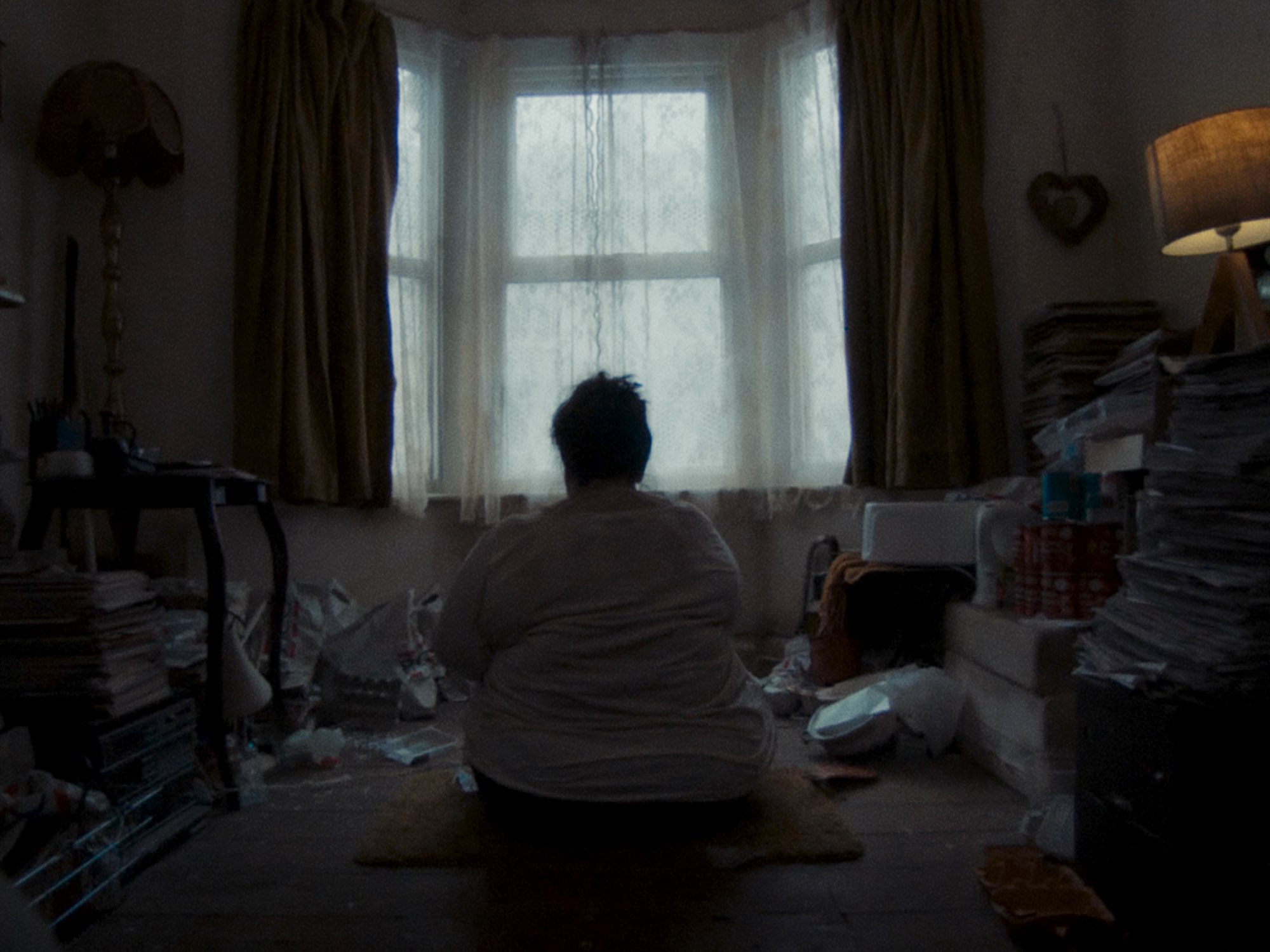
I don’t usually like asking filmmakers about their endings but I’m intrigued to know how you sought to close out this spiralling conversation between June and The Operator?
IB: Well, first of all, Rosco definitely aren’t coming for us. Theo is having one of his waking nightmares.
TG: I don’t know what’s real.
IB: The ending, as any ending should, was trying to draw a line under the issue that the film was about: the dangers of only being told that you’re right for too long. When you reach that state, you get this mad confidence in which you’re able to find affirmations for your belief literally anywhere. Was the postman an agent of Rosco? Probably not, but June was too far gone to care about that 99% probability.
At the end of the day, you need to seek out opinions that are different from your own and interrogate your thoughts before committing your life to them. The loneliest of us are more prone to it, so we should all endeavour to reach out to people who might fall victim to a hotline like the one in You’re Absolutely Right and keep them grounded.
TG: I’m scared. Hold me.
IB: Later, Theo. Later.
The fine line that we always try to walk is making films that highlight the absurdity of life without being a caricature of it.
Okay, last question, what’s next for the two of you?
TG: I’m going to drive Ian to Wales and abandon him in a field. When he makes it back, I’ll get him to write his adventures into a script and we’ll make that.
IB: …
TG: He likes sheep, he’ll be fine.
IB: We always have scripts on the go, and these days we’re putting a lot of energy into feature work which is slowly ramping up. We don’t want to jinx anything by talking about it too much, but we’re pretty darn excited. Watch this space.
TG: I like it when people watch.
IB: Oh great, that’s the note we’re leaving this on.

